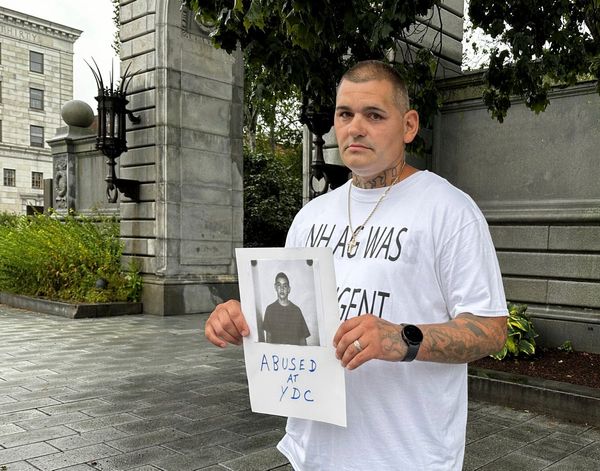Over 1,900 people have died in Spain and Portugal from heat-related causes over roughly a week as an unprecedented heat wave moves through Europe.
Driving the news: The ongoing heat wave could last a total of several weeks and has been accompanied by wildfires in the United Kingdom, France, Spain and Portugal, forcing thousands of people to flee their homes.
- Severe heat waves are of particular concern in Europe as they can often prove extremely deadly due to air conditioning being less ubiquitous than in the U.S.
- A complete death toll likely will not be available for weeks or more due to the difficulty in counting excess deaths in a heat event.
The big picture: According to Spain's Carlos III Institute there were 862 deaths in the country attributable to increased temperatures from July 10 to July 18.
- Portugal's director-general of health told Reuters Tuesday that there were 1,063 heat-related deaths between July 7 and July 18.
- The heat wave has now moved north into France and the U.K., where the temperatures broke all-time national high-temperature records, creating life-threatening conditions for thousands of people.
What they're saying: "This heat wave has been well forecast for nearly a week, so the hope is that enough lead time will help limit the number of casualties — though, sadly, the toll is already quickly mounting," Steve Bowen, head of catastrophe insight for Aon, told Axios.
- Bowen added that a "notable portion" of European homes are not equipped to handle such heat and that this "really enhances the concern and risk to the most vulnerable segments of the population, such as the elderly or the homeless."
Worth noting: Studies show that as the climate warms, the frequency of heat waves dramatically increases — as does the severity and longevity of such events, per Axios' Andrew Freedman.
Go deeper: Europe heat wave turns deadly as France and U.K. brace for hottest days on record
Editor's note: This story was updated with a revised estimate on the number of heat-related deaths in Spain by the country's Carlos III Institute and in Portugal from its director-general of health.







